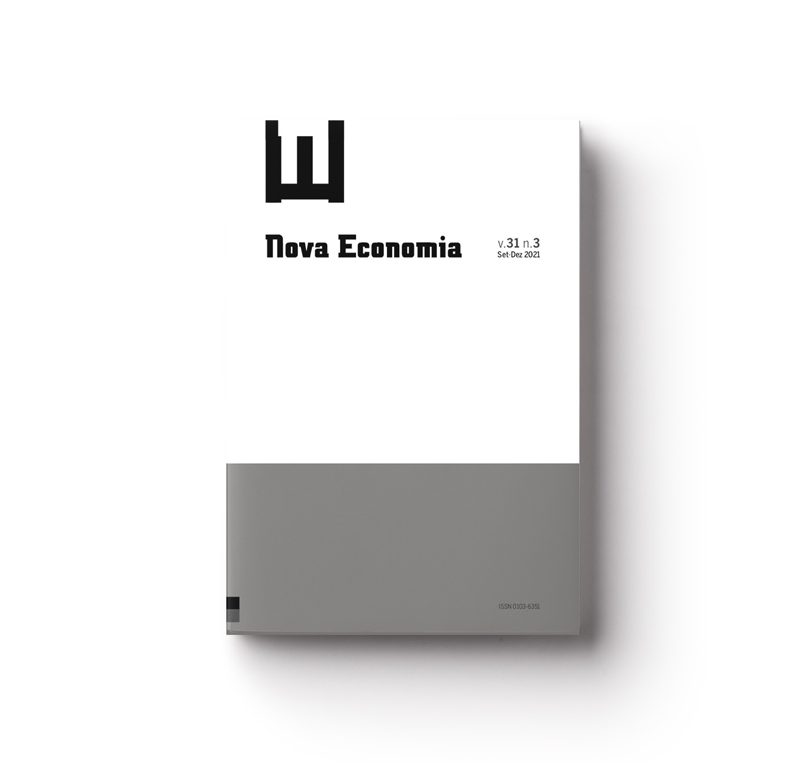O mainstream economics quanto à liberalização da conta financeira e controles de capital: novas evidências e reorientação teórica
Resumo
Os estudos da mainstream economics sobre contas financeiras passaram por importantes mudanças ao longo das últimas três décadas. Partindo de modelos que sustentavam uma abertura financeira plena, as crises financeiras dos anos 1990 e a crise financeira global deflagrada em 2008 mostraram diversas disfunções da globalização financeira. Adicionalmente, o período do pós-crise global propiciou novas evidências sobre a efetividade de medidas de regulação. Em resposta a tantas evidências que contradizem os antigos modelos ex ante, autores da mainstream economics desenvolveram novos modelos que fundamentam o uso de controles de capital. Nesse contexto, o principal objetivo do artigo é analisar a recente evolução dos estudos da mainstream economics sobre liberalização da conta financeira e controles de capital, com foco nas novas evidências e na reorientação teórica que tem ocorrido. O artigo sustenta que os novos modelos da mainstream economics representam uma nova fase dessa corrente quanto à regulação do capital externo.
Palavras-chave: Controles de capital, liberalização da conta financeira, globalização financeira, mainstream economics, crise financeira global.
Códigos JEL: F3, F4, F6.
Downloads
Publicado
Como Citar
Edição
Seção
Licença
Copyright (c) 2021 Diego Angelico, Giuliano Contento de Oliveira

Este trabalho está licenciado sob uma licença Creative Commons Attribution 4.0 International License.
Autore[a]s que publicam nesta revista concordam com os seguintes termos:
- Autore[a]s mantém os direitos autorais e concedem à revista o direito de primeira publicação, com o trabalho simultaneamente licenciado sob a Licença Creative Commons Atribuição 4.0 Internacional que permite o compartilhamento do trabalho com reconhecimento da autoria e publicação inicial nesta revista.
- Autore[a]s têm autorização para assumir contratos adicionais separadamente, para distribuição não-exclusiva da versão do trabalho publicada nesta revista (ex.: publicar em repositório institucional ou como capítulo de livro), com reconhecimento de autoria e publicação inicial nesta revista.
- Autores têm permissão e são estimulados a publicar e distribuir seu trabalho online (ex.: em repositórios institucionais ou na sua página pessoal) a qualquer ponto antes ou durante o processo editorial, já que isso pode gerar alterações produtivas, bem como aumentar o impacto e a citação do trabalho publicado (Veja O Efeito do Acesso Livre).




